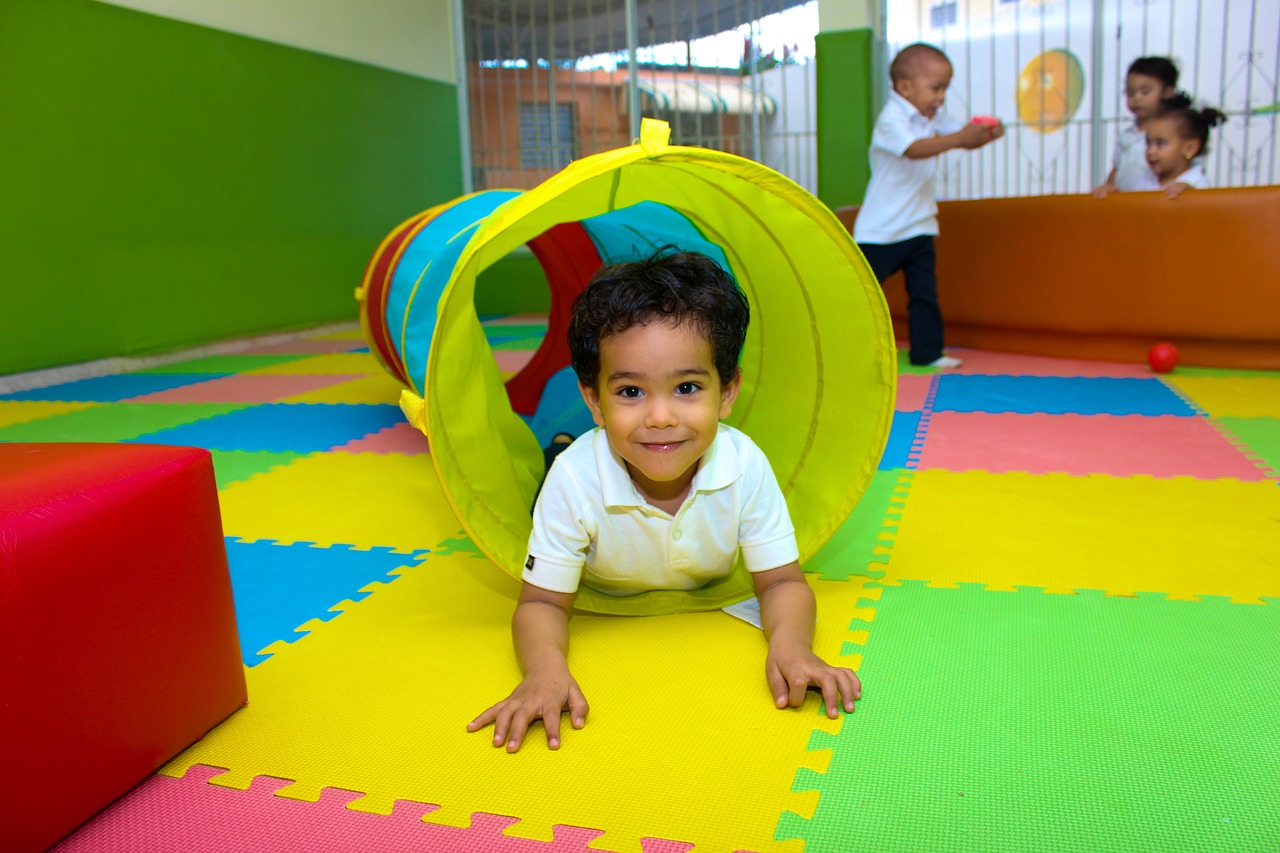When a child suffers a birth injury, it can have a profound impact on their future. As a parent, it’s crucial to understand your child’s rights and how to advocate for their education and care. This article will guide you through the process of ensuring your child receives the support they need to thrive.
Understanding Your Child’s Educational Rights
Children with birth injuries are entitled to a free and appropriate public education (FAPE) under the Individuals with Disabilities Education Act (IDEA). Schools must provide accommodations and support services to ensure your child can access the curriculum and progress.
Developing an Individualized Education Program (IEP)
The first step in securing appropriate education for your child is to develop an Individualized Education Program (IEP). An IEP is a written document that outlines your child’s specific learning needs, goals, and the services and accommodations the school will provide to support their progress.
Collaborating with the IEP Team
You are a vital member of your child’s IEP team, along with teachers, therapists, and school administrators. Actively participate in IEP meetings, share your insights and concerns, and work collaboratively to develop a plan that meets your child’s unique needs.
Accessing Early Intervention Services
For children under the age of three, early intervention services can be critical in addressing developmental delays caused by birth injuries. These services may include physical therapy, occupational therapy, speech therapy, and other support services. Contact your state’s early intervention program to learn more about the services available to your child.
Transitioning to Preschool
As your child approaches their third birthday, it’s essential to start planning for the transition to preschool. Work with your early intervention team and the school district to ensure a smooth transition and continuity of services.
Advocating for Appropriate Accommodations
Children with birth injuries may require accommodations to fully participate in education. These accommodations may include assistive technology, modified assignments, or additional support staff. Work with your child’s IEP team to identify the accommodations that best support their learning and development.
Monitoring Progress and Adjusting Support
Your child’s needs may change over time, and it’s essential to regularly monitor their progress and adjust their support services as needed. Participate in annual IEP reviews, and don’t hesitate to request additional meetings if you have concerns about your child’s progress.
Knowing Your Rights Under Section 504
In addition to IDEA, Section 504 of the Rehabilitation Act protects students with disabilities. Under Section 504, schools must provide accommodations and support services to ensure that students with disabilities have equal access to education. If your child does not qualify for an IEP, they may still be eligible for a 504 plan.
Navigating Disputes and Due Process
If you disagree with the school district’s decisions regarding your child’s education, you have the right to dispute resolution and due process. This may include mediation, filing a complaint with the state education agency, or requesting a due process hearing.
Accessing Community Resources and Support
Advocating for your child’s education and care can be challenging and emotionally taxing. Accessing community resources and support is important to help you navigate this journey. Connect with local disability rights organizations, parent support groups, and advocacy organizations for guidance and support.
When a child’s birth injury is the result of medical negligence, families may need the assistance of a skilled birth injury lawyer to protect their rights and secure the resources necessary for their child’s future care and education. A birth injury lawyer can help investigate the cause of the injury, gather evidence, and build a strong case for compensation. When selecting a birth injury lawyer, look for an attorney with experience in handling similar cases, a deep understanding of the medical and legal issues involved, and a compassionate approach to working with families. Schedule consultations with multiple lawyers to find the right fit for your family, and don’t hesitate to ask questions about their experience, strategy, and fees. With the guidance of a dedicated birth injury lawyer, you can focus on your child’s well-being and future, knowing that you have a strong advocate fighting for your family’s rights.

